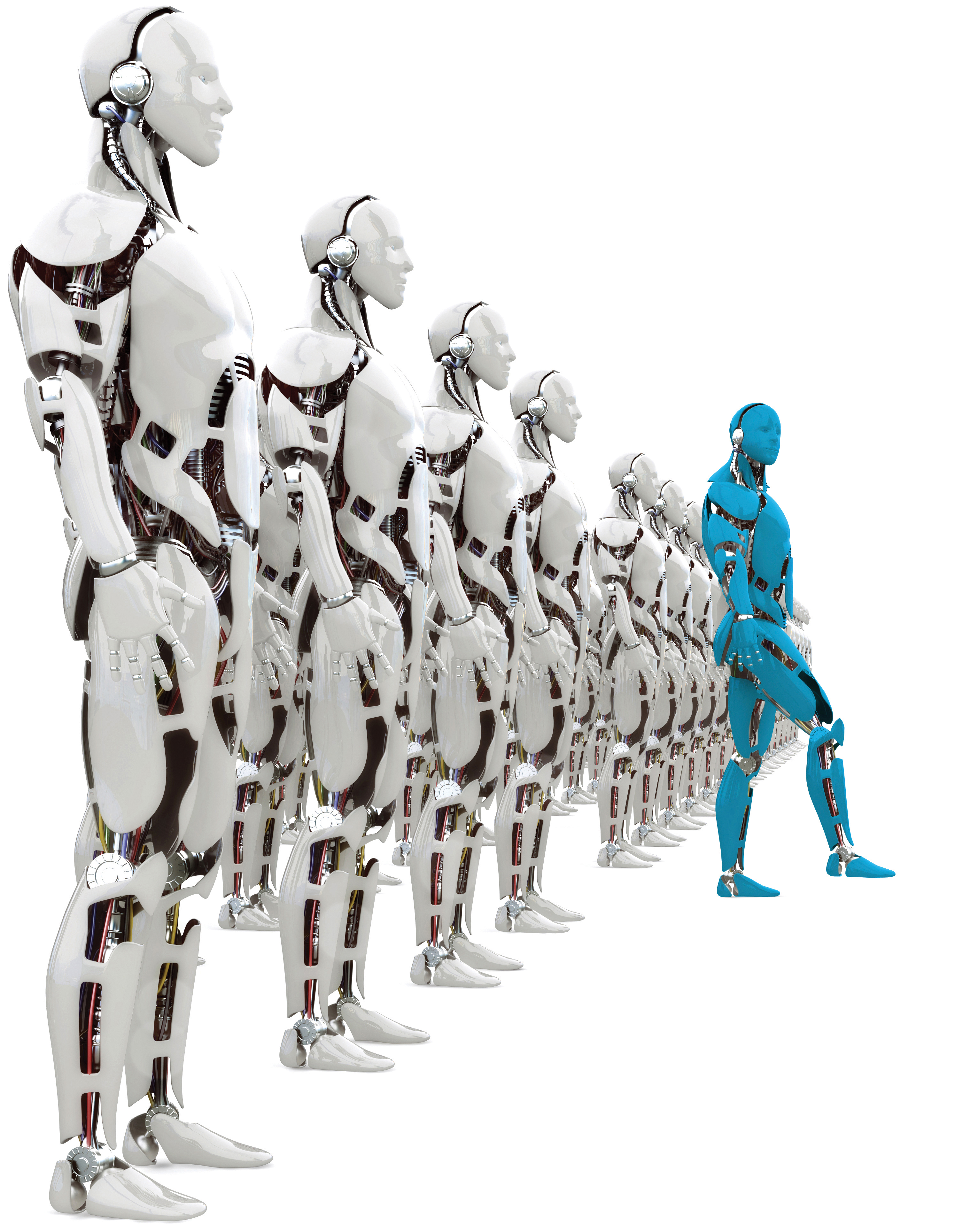It scarcely needs to be said in this day and age that companies must listen to their customers. When it comes to innovation, however, this maxim is not universally accepted. (By innovation I mean the development of new or better products, services, technologies or processes; and applying these or existing ones in ways which essentially create new models of operation.) At the recent Technology Frontiers event in London, put on by Economist Conferences, participants were reminded of Steve Jobs' famous 1998 comment that, when it comes to the kinds of products Apple have made famous, "A lot of times, people don't know what they want until you show it to them. That's why a lot of people at Apple get paid a lot of money, because they're supposed to be on top of these things."
Of course, the technology-driven world of interaction between companies, customers and other audiences is almost unrecognisable from that of 1998. Thousands-strong online customer communities often act as virtual focus groups for some firms, and the variety of other digital channels in use means that ideas and suggestions for the better product or service, solicited or not, are available to almost any organisation, should it wish to listen. Looking ahead, many business leaders expect that their customers will not only be part of their innovation processes, but that customers will be their primary source of new ideas, exceeding in importance in-house R&D and other employees. This view was confirmed most recently in a poll conducted for our report, Agent of change: The future of technology disruption in business.
Will companies really be brave enough—or foolhardy enough, as some may think—to regularly take their lead on new products and services from customers? Tech companies, witness Mr Jobs, like to think they know best, due to the complex nature of their products.
Clayton Christensen of Harvard Business School, one of the world's foremost thinkers on business innovation, believes that customer advice and feedback should be followed, but only up to a point. In Agent of change, he advances the view that following customers' lead can help firms with certain types of innovation, which he terms as "sustaining"—ideas which "improve good products functionality or expands their capacity". For bigger impact innovations which create real growth, however (and the tech sector arguably generates more of these than other sectors), his belief is that customers are not very articulate: "If you just listen to them or follow them, they will misguide more than guide you."
As ever, the challenge is a lot more complicated than can be set out in a blog or article: knowing when to listen to customers about the products and services they want, and knowing when it's best to follow your own instincts. The challenge will likely defy easy analysis or clear conceptual models.
The views and opinions expressed in this article are those of the authors and do not necessarily reflect the views of The Economist Intelligence Unit Limited (EIU) or any other member of The Economist Group. The Economist Group (including the EIU) cannot accept any responsibility or liability for reliance by any person on this article or any of the information, opinions or conclusions set out in the article.




